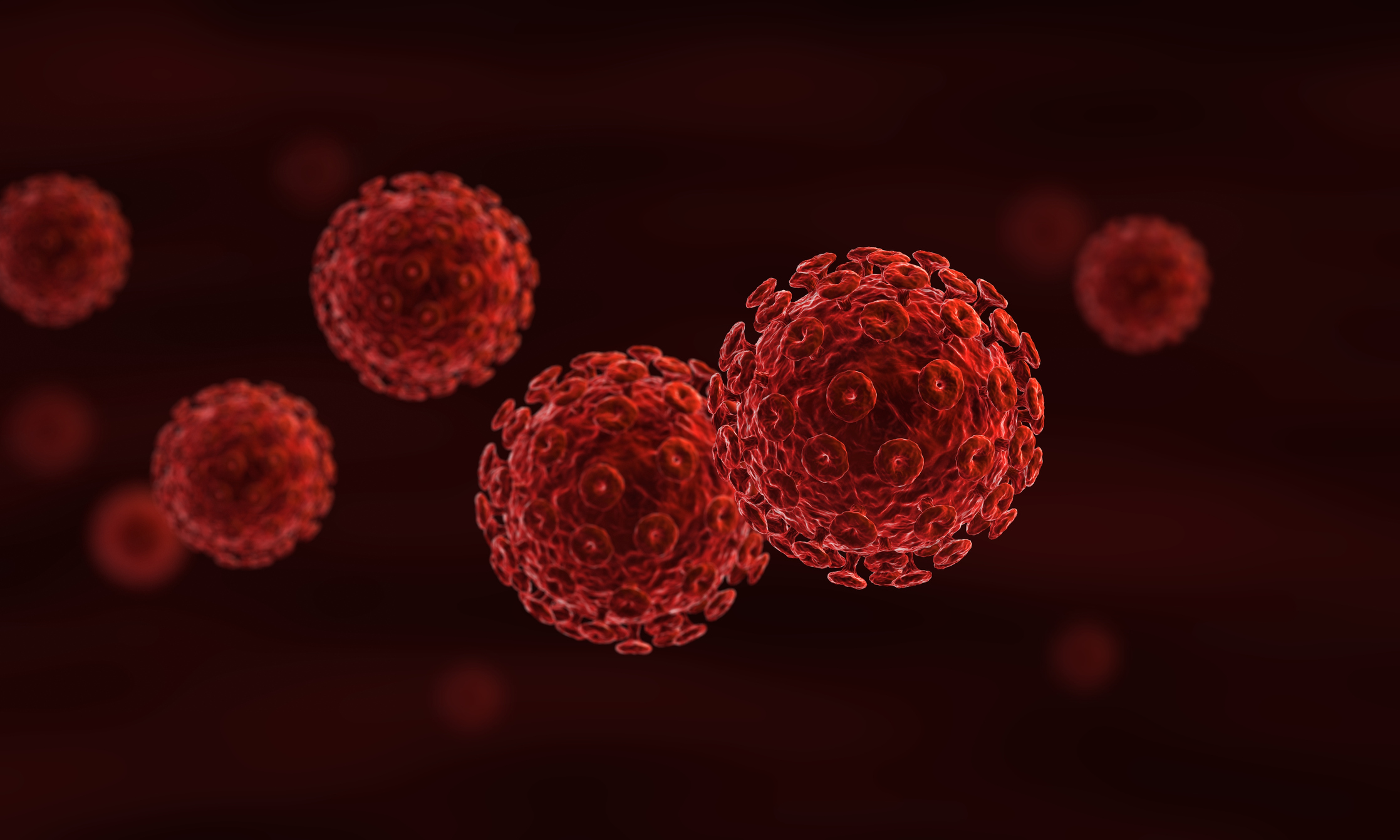In spite of being a principal producer and exporter of vaccines and billions spent over decades, India is home to one-third of the world’s under-five children (U5C) with no immunization.
The objective of this study was to find the outcome of child-to-child and child-to-parent Information, Education and Communication (IEC) strategy on the current percentage of immunization coverage (IC).
A mixed design research with multilevel concurrent sampling was conducted in Pune. Based on school students’ households, 44 clusters having U5C were divided randomly into 11 experimental/control groups each. IEC strategy to students was independent variable and IC among U5C was dependent variable. Data were collected from 1092 students and 2352 U5C parents over 6 years. Vaccination card and Bacillus Calmette-Guérin mark were considered as evidence to conclude on full, partial and no IC. Change in knowledge quotient (KQ) among students/parents and U5C IC before and after IEC strategy assessed.
Rural/urban age-appropriate full IC of U5C was 51% and 67% before and 88% and 85% in post-IEC, respectively. The mean KQ change score of 8-12/20 in students is likely to increase full IC by 37% and 18%, decrease partial coverage at 14% and 12%, and improve none coverage at 23% and 16%, from its existing level positively in experimental groups. Numerous factors discouraged parents to pursue their U5C immunization.
Advocacy through school students can be an economically viable alternative marketing strategy for inadequate U5C IC than billions spent on treating vaccine-preventable diseases and impractical options.
Immunization coverage among under-five children living along a school student through child-to-child and child-to-parent information, education and communication strategy.


